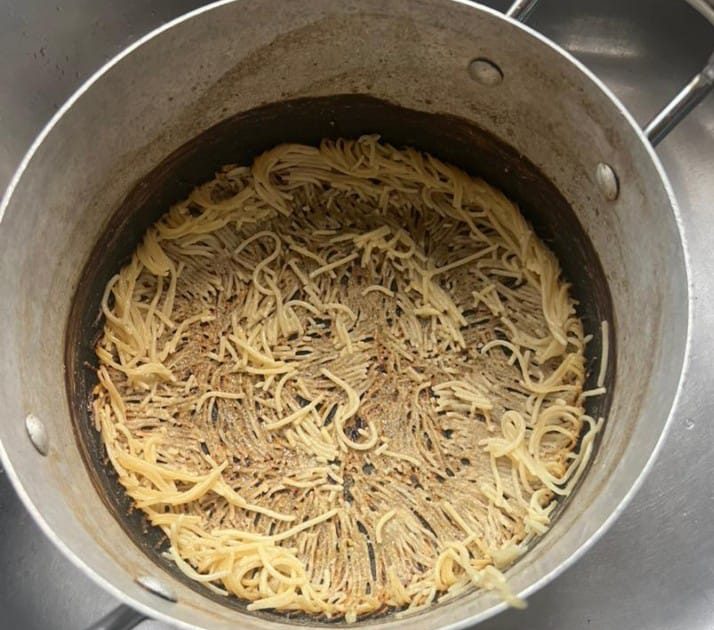Burnt food might seem innocuous at first glance, but it carries considerable health risks that consumers should be aware of. When food is charred or excessively cooked, it undergoes various chemical transformations that result in the release of harmful compounds. Frequent consumption of burnt food can expose individuals to detrimental health effects, including potential long-term consequences. A report by PUNCH Online emphasizes the health risks associated with burnt food, highlighting the importance of understanding what happens when food is burned and how it impacts overall health.
One significant risk of eating burnt food is the increased likelihood of developing cancer. Burnt foods are known to contain carcinogenic compounds such as Polycyclic Aromatic Hydrocarbons (PAHs), Heterocyclic Amines (HCAs), and Acrylamide. These harmful substances have been linked to various forms of cancer, particularly colorectal, breast, and prostate cancers. The presence of these toxic compounds underscores the importance of careful cooking practices and dietary choices, as they can have serious implications for one’s long-term health.
Moreover, the consumption of burnt food can lead to neurological damage. When food is burned, it produces neurotoxins including Advanced Glycation End-products (AGEs) and lipid peroxides. Regular exposure to these compounds can negatively affect brain health, leading to cognitive impairment, memory issues, and even neurodegenerative disorders such as Alzheimer’s and Parkinson’s diseases. As our understanding of the brain’s vulnerability to dietary influences grows, the role of cooking practices in protecting cognitive function becomes increasingly evident.
Digestive problems are another consequence of consuming burnt food. The harmful compounds present in charred food can irritate the digestive tract and promote inflammation, resulting in conditions such as heartburn, bloating, diarrhea, and abdominal pain. A healthy digestive system is critical for overall well-being, and repeatedly exposing it to irritating substances can lead to chronic issues that diminish one’s quality of life. Therefore, it’s essential to recognize how burnt food can adversely affect digestive health and to seek healthier cooking alternatives.
Beyond individual organ systems, the impacts of burnt food extend to cardiovascular health. Regular consumption of charred foods can contribute to increased blood pressure, elevated cholesterol levels, and damage to blood vessels, all of which pose risks for cardiovascular disease. As heart disease remains one of the leading causes of death worldwide, awareness regarding dietary choices, including the consumption of burnt foods, is crucial. Prioritizing heart-healthy cooking methods can mitigate these risks and promote cardiovascular well-being.
Furthermore, burnt food can weaken the immune system due to the presence of immunosuppressive compounds, thereby increasing susceptibility to infections. Alongside this, inhaling smoke from burnt food can lead to respiratory complications such as irritation of the respiratory tract, asthma, and chronic obstructive pulmonary disease (COPD). The cumulative effects of these health risks underscore the need for vigilant cooking practices, as safeguarding one’s health extends beyond just the nutritional content of foods.
To prevent the health risks associated with burnt food, several proactive strategies can be implemented. Cooking at lower temperatures, avoiding the charring of food, and opting for healthier cooking methods such as steaming or roasting are effective measures. Additionally, it’s advisable to refrain from frequently reheating food and to choose cooking oils that have high smoke points to minimize the formation of harmful compounds. Recognizing burnt food can also assist in avoiding its negative effects; signs such as a blackened or charred appearance, an acrid smell, and a bitter taste can indicate that food has become unhealthy. In conclusion, while the occasional burnt meal may not cause immediate harm, incorporating burnt foods into the diet regularly can lead to severe health consequences. Mindful cooking techniques and informed food choices are essential to safeguard long-term health and well-being.


